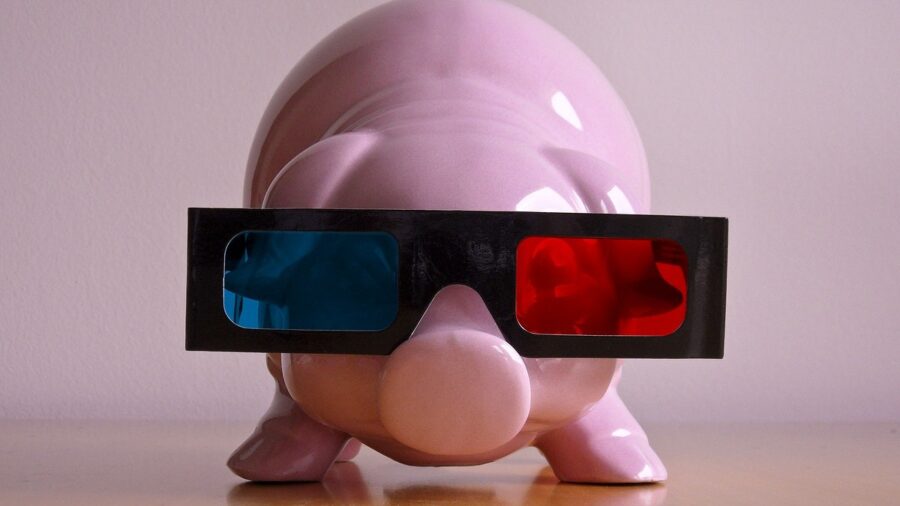Artificial Intelligence Is Now Producing Cloned Pigs
In this bold new future, we have discovered the best possible use for artificial intelligence: making more pigs.
This article is more than 2 years old

According to a new report, robots using advanced artificial intelligence are now capable of producing cloned pigs. and that’s something that we should totally never worry about, y’all. Few could have predicted that in 2022, technology would have developed so quickly, that we could rely on A.I. and robots to create life. While the motivations behind this advancement were noble, it opens up a terrifying scenario only previously seen in science fiction, in which humans no longer have the only say in the course of life on Earth. On the plus side, humanity is about to get more bacon than it could ever dream of, which many might consider a worthy trade-off.
This scientific insanity, of course, comes from China, which apparently has never seen the Terminator films, and which has not had the best track record recently in predicting the consequences of scientific research, particularly, with new viruses. The South China Morning Post reports that robots can now carry out a fully-automated cloning process, thanks to researchers at the University of Nankai’s College of Artificial Intelligence, where we will most likely see the creation of Skynet and the downfall of mankind. Scientists there claim they have “facilitated the birth of seven piglets via surrogate sow.” This was achieved through the use of robots programmed with artificial intelligence and without any human involvement whatsoever.
The motivation here is not short-sighted or malicious: it’s because China is facing a serious food shortage. With a booming populace comes the need for more food (particularly meat) that China has had trouble producing in recent years. Chinese people love pork – in fact, it’s the country’s most popular meat (hey, they’re just like us!). A recent swine virus outbreak nearly crippled the country’s pork-producing industry, so researchers set out to find a way to clone pigs to provide meat more quickly than natural processes. That’s where artificial intelligence steps in, and according to researchers, the A.I. has actually made the cloning process faster and less error-prone the manual human attempts.
That means China could eventually begin large-scale commercial pig cloning as a food source, solving lots of problems for their people. Of course, there is always a concern that a clone pig army could rise up to destroy mankind. If you think that’s far-fetched, consider what regular pigs in the Bahamas do when you disturb their day at the beach.
To clone a pig – or anything else – scientists must physically implant the DNA from a donor’s somatic (body) cell into an egg cell, called an enucleated oocyte. The resulting fertilization will create an embryo that would eventually grow into a life form identical to the donor, in this case, another tasty pig. The problem with cloning, as it stands today, is that the implanting of DNA must be done by hand, and it often causes damage that destroys the cells. By using robots and artificial intelligence to streamline the implanting process, the transfer is quicker and less likely to produce damage. It also eliminates the need for humans to be involved in the process. Indeed, one of the researchers named Liu Yaowei told a reporter “Our AI-powered system can calculate the strain within a cell and direct the robot to use minimal force to complete the cloning process, which reduces the cell damage caused by human hands.”
More viable pig embryos mean more pigs to eat, from genetic stock that is less prone to disease and defects than farm-raised pigs. That would allow China to feed its people without having to import those dirty capitalist pigs from America, which it has had to do in recent years after the virus outbreak. With robots and artificial intelligence making cloning on a large scale an actual possibility, however, ethical questions are raised, it remains to be seen if the practice could extend past pigs to other life forms, including humans. But until then, enjoy your BLTs.










